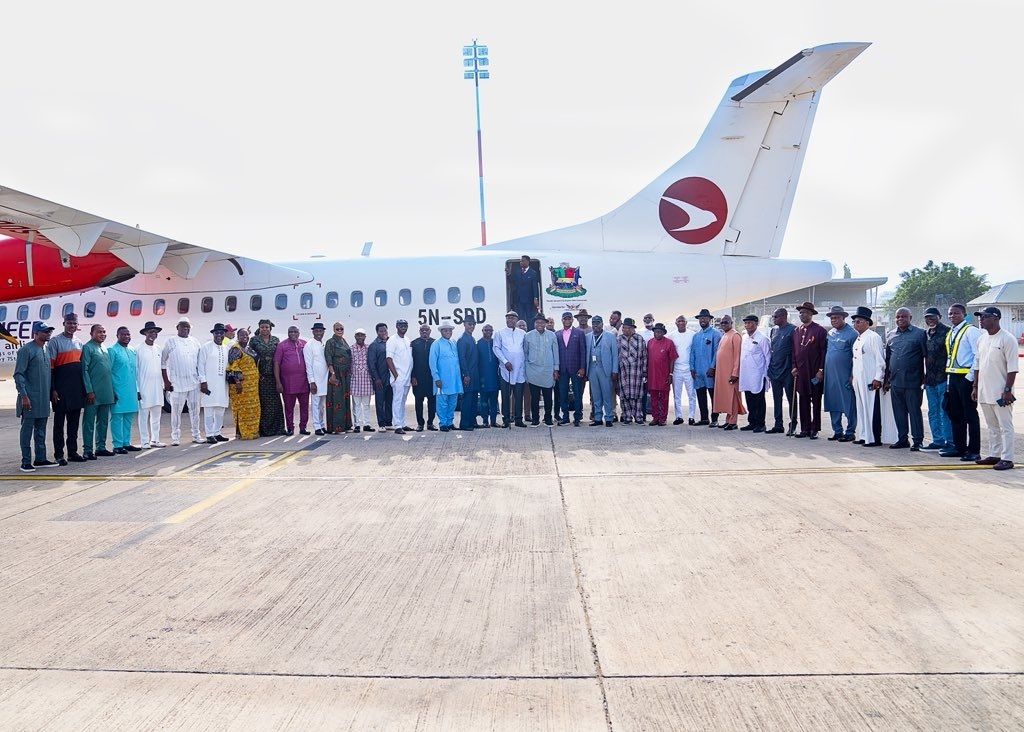… Insists syndicated loans still on table for 2024/2025 cocoa season
The Minister of Finance, Dr Mohammed Amin Adam, has refuted recent claims made by the management of Ghana Cocoa Board (COCOBOD) concerning the self-financing of the upcoming 2024/2025 crop season.
At his monthly economic updates in Accra, yesterday, Thursday, Dr Adam, was emphatic that the government will seek external funding to support the cocoa sector, contrary to COCOBOD’s earlier statements.
Earlier, COCOBOD, had announced plans to transition to self-financing for the 2024/2025 cocoa crop season, which begins in September 2024.
According to COCOBOD’s Chief Executive Officer (CEO), Joseph Boahen Aidoo, this shift was expected to save approximately US$150 million. However, Dr Adam, indicated that the government would instead depend on syndicated loans and other financial instruments to secure the necessary funds for the season.
He noted, “I want to take this opportunity to clarify that as part of measures to improve the financial viability of COCOBOD, the government for the 2024/2025 crop season, will be sourcing funds through the syndication process and other alternative sources.”
It had emerged that the COCOBOD boss, Dr Boahen Aidoo, was indeed bluffing and didn’t mean it when he told the world that COCOBOD, was done with decades-old offshore syndicated loans.
A week after the cocoa regulator’s boss announced the new paradigm shift, Ghana’s Finance Minister, says that COCOBOD, is still in talks with foreign lenders to raise a syndicated loan to fund the next crop season.
“COCOBOD is not abandoning the cocoa syndication. Negotiations are ongoing but it will not bring in more than $600 million out of an initial target of $1.5 billion,” Bloomberg quoted Dr. Amin Adam as telling journalists on August 26, 2024, in Accra.
Interestingly, Boahen Aidoo, had told local and international press on August 20, 2024, that after 32 years of relying on international banks to fund its seasonal activities, the regulator, by a new policy, is transitioning to self-financing for the 2024/2025 cocoa crop season, starting in September instead of October 2024.
Joseph Boahen Aidoo, said loans from offshore lenders come with a high interest rate, adding that COCOBOD is targeting a reduced production of about 650,000 metric tonnes of cocoa beans in the next season.
In the middle of 2024, COCOBOD sent a proposal to foreign banks in a bid to borrow up to $1.5 billion next season.
“We are looking for $1.5 billion this crop season and looking at the interest rates last year, which were over 8 per cent, plus the cost, it means that we can save more than $150 million by the decision not to go offshore,” he touted.
It is worth noting that in the past, COCOBOD had been contracting syndicated loans at a rate not more than 1.5% (one and a half per cent) even when they went for $1.8 billion in 2016. The 8 per cent rate Mr Boahen Aidoo referenced, industry players say, is rather on the high side and shows a lack of confidence in COCOBOD’s financial credibility.
Even when it was pointed out to him by industry players and the minority in parliament that the policy was a face-saving move because COCOBOD is struggling to get a loan to buy cocoa beans due to its inability to pay the last syndicated loan which is due by August ending, he stated total rejection.
It has now become glaringly clear that Boahen Aidoo’s loud press conference has come back to roost, as Ghana, the world’s second-biggest cocoa producer after Ivory Coast, is still struggling with how to fund the 2024/2025 cocoa season.
Collectively, Ghana and Ivory Coast account for about 60 percent of the global supply for cocoa beans.
Unfortunately, global traders that COCOBOD was expecting to deposit at least 60% of the value of their forward contracts at the start of the season are dragging their feet to pre-finance the regulator because it is still highly indebted to them.
Much of Ghana’s cocoa is bought by large, diversified trade houses with deep pockets, including Olam, Barry Callebaut, Cargill, Touton and Ecom. Traders typically sign deals to buy beans — like any other commodity — months in advance in the hope of reselling later at a profit.
“With this new model, the trader pays the remaining 40% (of the contract sum) when picking the cocoa,” Reuters reported, citing a source at COCOBOD.
It said COCOBOD was yet to decide with traders if the pre-financing should attract interest or discount on beans supplied, it said.
Meanwhile, COCOBOD is expected to launch the 2024/25 season on September 1, earlier than usual.
It would be recalled that an $800 million loan COCOBOD requested from the foreign banks for the 2023/24 season faced delays due to low cocoa output.
COCOBOD was finally given $600 million by the banks in December instead of September 2023, but the remaining $200 million was cancelled due to lack of confidence in the management of COCOBOD.
In June this year, Ghana’s cocoa production output reached 429,323 metric tons at the end of the harvest, according to data released by COCOBOD.
This is less than 55 per cent of the average seasonal output with the decline being attributed to disastrous harvests.
It has emerged that COCOBOD is having difficulty in paying the $600 million to the syndication loan banks.
According to reliable sources, the banks have lost confidence in the management of COCOBOD under Boahen Aidoo, and the banks are actually refusing to give the cocoa regulator the $1.5 billion Boahen Aidoo negotiated with the banks months ago.
The post Finance minister disputes COCOBOD’s self-financing plan appeared first on The Herald ghana.



